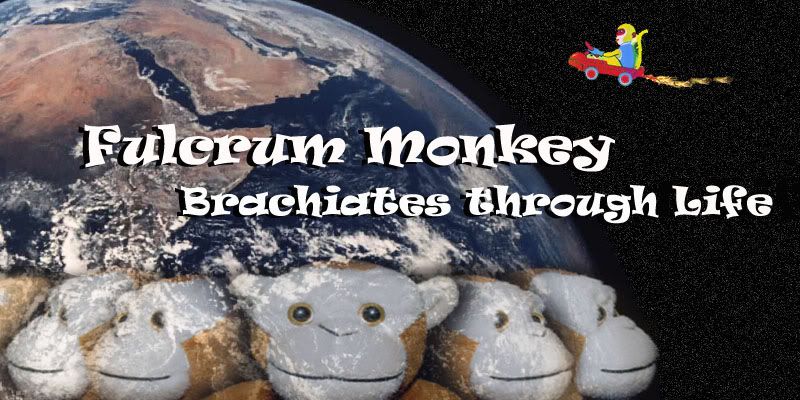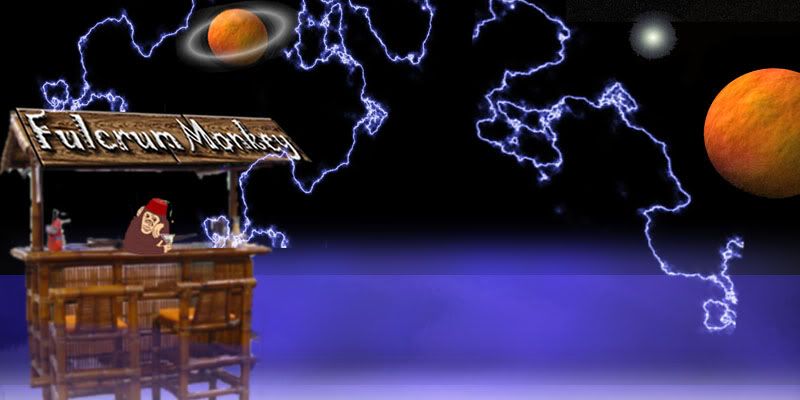When you clean your room you find old things that you’ve forgotten about, but were nonetheless hanging on to. I found this.
Car ride to Chicago with Melinda – written sometime in 1995 – revised 2005
She was a theater major. She was a costume designer. She made bone-in corsets for herself and poet shirts for me. She was a woman of dramatic absolutes. She wanted engagement or dissolution and would brook no middle path. I couldn’t commit so she went to Japan, one in a series of women who left me for foreign countries. I’ve been left for Venezuela, Bulgaria, Russia, multiple states and municipalities as well. It says soothing that passionate endings send women to foreign climes, nothing good, but something. I tend towards the more dramatic paramours.
As she rode away from that small town, perhaps forever, she felt a new freedom of selfhood. The pain between them had purified her. She thought to herself, “It’s as though I’ve been bathed in fire.” It is at this point that the author of this story felt a kind of detached anguish mixed with amusement, picturing the memory of that girl in the car and himself at the wheel.
He wondered if that was what she was really feeling. I mean, he was sitting there driving, watching the asphalt and he could have sworn that at some point she must have said, “I feel purified.” She said it in that exact voice, the voice which two-dimensional characters in third-rate plays use to express their deepest insights. Maybe it’s the voice you have to use to project large in the space of a theater or a midsize sedan.
Maybe she’d just read so many romance novels and watched so much bad television that she was conditioned to take her true and nebulously complex emotions and channel them into this contrivance of style. She had confessed earlier to reading Anais Nin all month long, what more red flags do you need?
The author of this story mused on this some weeks later and decided that he had been rudely and maliciously turned into a trash compactor for the detris of her college years. He’d been the screen for her projections and he’d almost kept the images for himself.
As they traveled down that highway in exhausted silence the right half of the car began to lean into the turns while the left half began to lift up. It was as though ten anvils, now twelve, sat in the passenger seat. All the author’s strength was poured into the two fingers that he kept on the wheel, in order that the skill of his steering might overcome the treacherous imbalance in weight. You can imagine that in every turn the vehicle pulled and pulled towards the shoulder of the two-lane highway and seemed as though it might at any instant leap off into the Blue Bells and Brown Eyed Suzannes, plowing through the earth like superman’s meteorite taxi.
He spent the drive engaged in survival, intent upon delivering his dense and contracting passenger to the threshold of singularity before everything collapsed. The anvil chorus came to him and he drove as if the only world with full foundation had been left at home in his other pair of pants. At times like these he found it best to travel without a fulcrum point of certainty: a thing he imagined to be akin to a small silver orb of paradigmatic absolutes refined from experience. Certainty can make things either or, and in endings it is perhaps better to be open.
That worst possible outcome of this drive was that he could mistake his reflection for the illusion of permanence, that this one cracked facet of himself reflecting back at him in anger might be seen as a token for the whole. Luckily his missing fulcrum eradicated this possibility. Without that shinning point of reference the absurdity of life could dissolve all self-pity and attachment into the joy of having been able to love for a time. He never had to think, “I am,” just, “we were.” Any recasting from hero to villain or back again is just that: a casting.
And now the water swirls and eddies at her feet, having hated everything in him that she saw in herself, having at long last realized that in no other being could she find the key to her own heart, she traveled 10,000 miles to Japan, to the edge of myth. She stood like Izanagi and Izanami on the rainbow bridge of heaven and gazed for the first upon her own true reflection in the churning sea.
The blood we draw from others marks us deepest and yet all these lacerations teach us only the dangers of our grip; afraid to let go, afraid to be let go, afraid of release and change. I’m afraid, afraid of the words on the page in front of me and the pain they still hold. Yet, I handle them and they respond like used tools that show some signs of rust, but which can be sharpened still into things of use.
Perhaps I am like the set designer who builds a world for the actresses to play their parts, but no amount of prompting has yet enticed me to act myself. I see the scripts repeat their themes and after the show closes, in raucous applause or stunned silence, I am left to strike, saving what I can for the next production.




0 Comments:
Post a Comment
<< Home